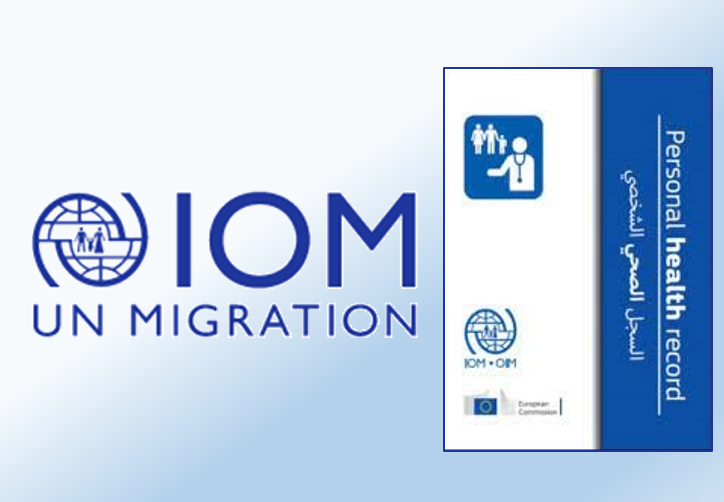The Electronic Personal Health and Record system for migrants and refugees in Europe

A cross-sectional study of migrants attending reception centre health clinics in Bulgaria, Croatia, Cyprus, Greece, Italy, and Serbia between 2016 and 2019 has used data from the International Organization for Migration electronic Personal Health Record (ePHR) system to describe health and illness among this migrant population. The paper describes findings from 19,564 clinical episodes among 14,436 individuals, most of whom were refugees (75%), or asylum seekers (22%), from 92 different nationalities. The emerging picture is of a mostly healthy population, with many acute infectious disease episodes, particularly in children, but also with a significant number of chronic conditions, and less frequent injuries. In about 4.5% of this population, mental health problems were recorded. First author Dominik Zenner said: “By using ePHR we were able to identify and describe the main disease burden in migrants arriving in Europe, providing guidance for resource allocation, and establishing appropriate health care services. This is a valuable tool to efficiently collect health-related data to better address migrant health issues.”
Dominik Zenner, Ana Requena Mendez, Steffen Schillinger, Elena Val, Kolitha Wickramage. Health and illness in migrants and refugees arriving in Europe: analysis of the electronic personal health record system. Journal of Travel Medicine 2022.